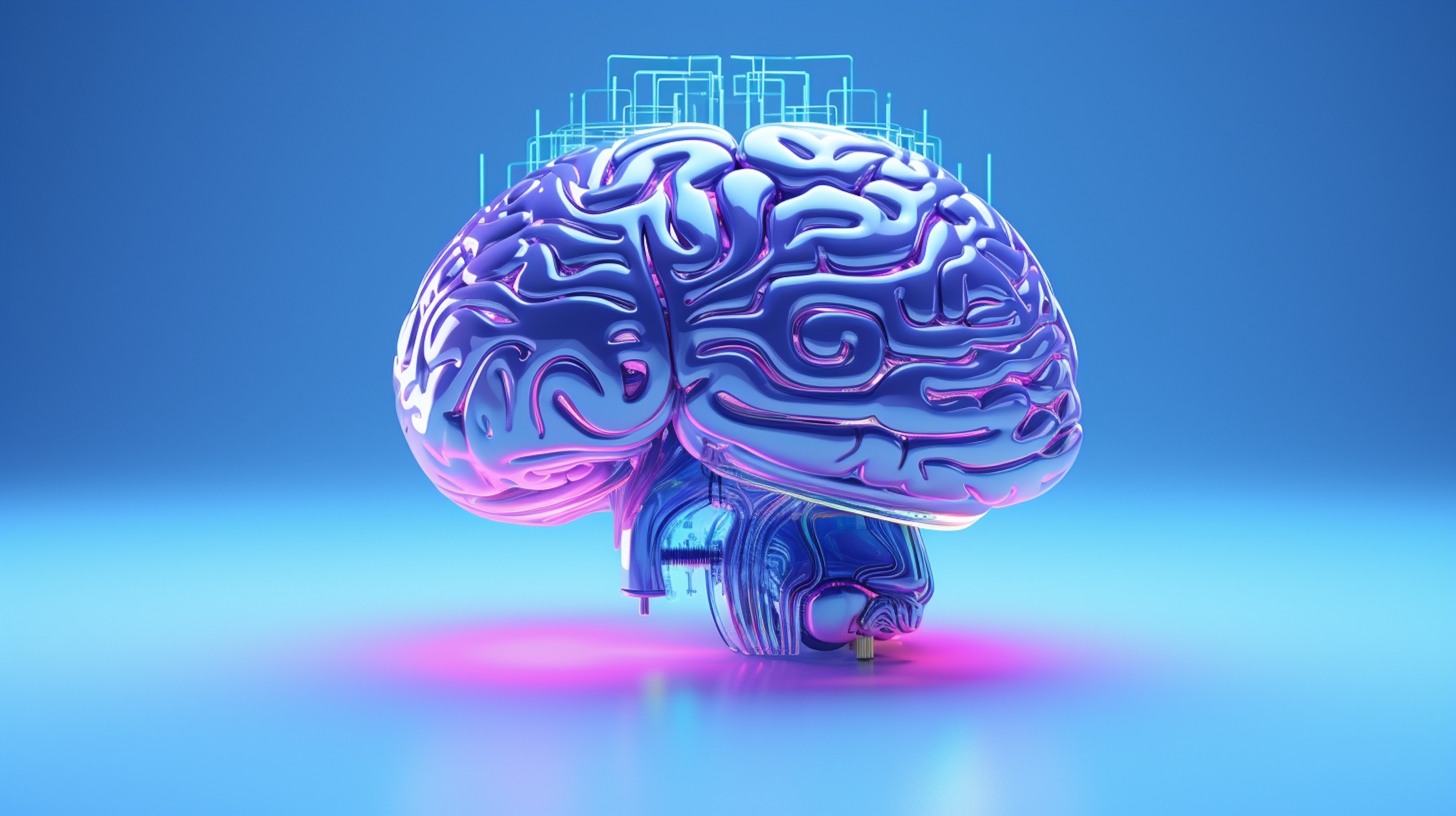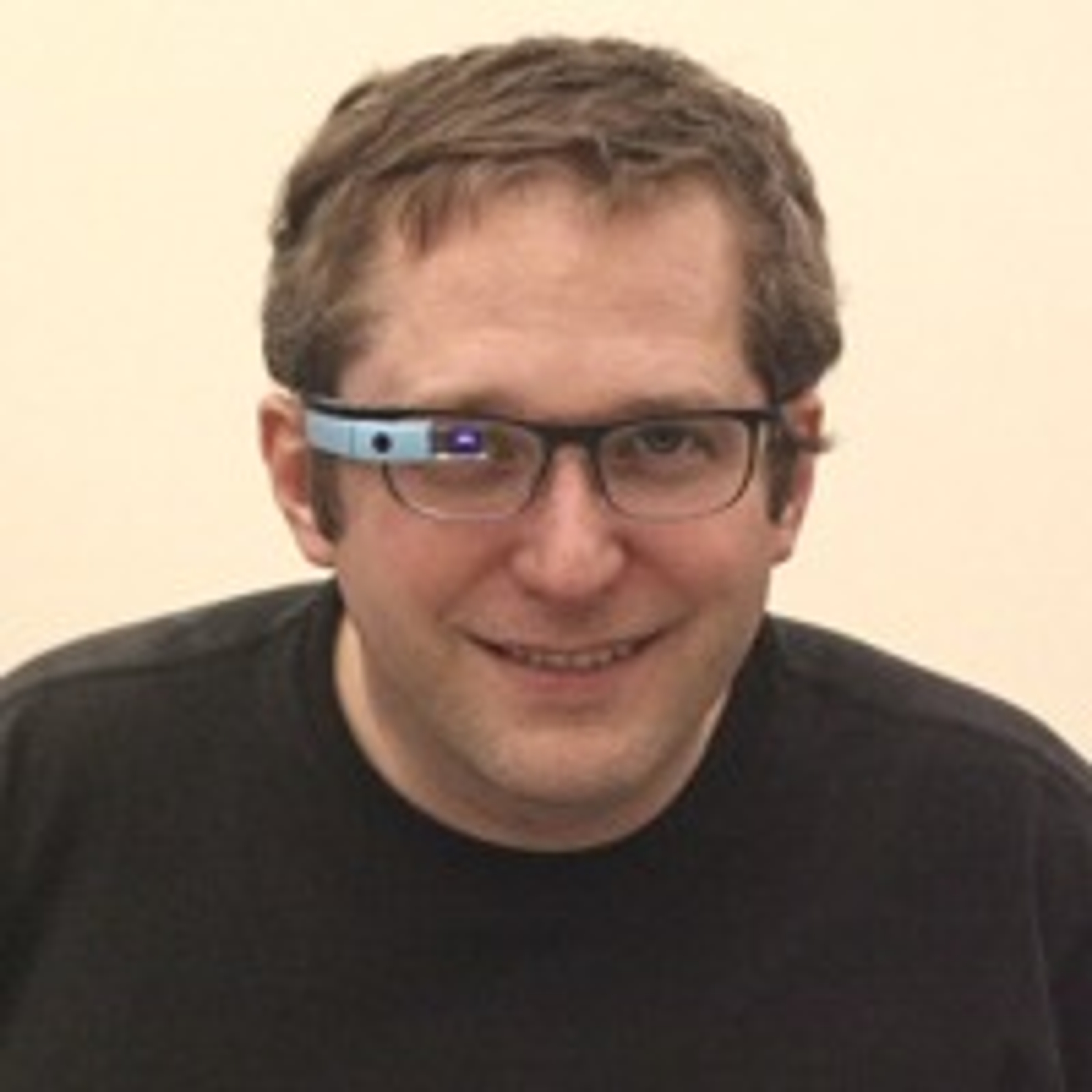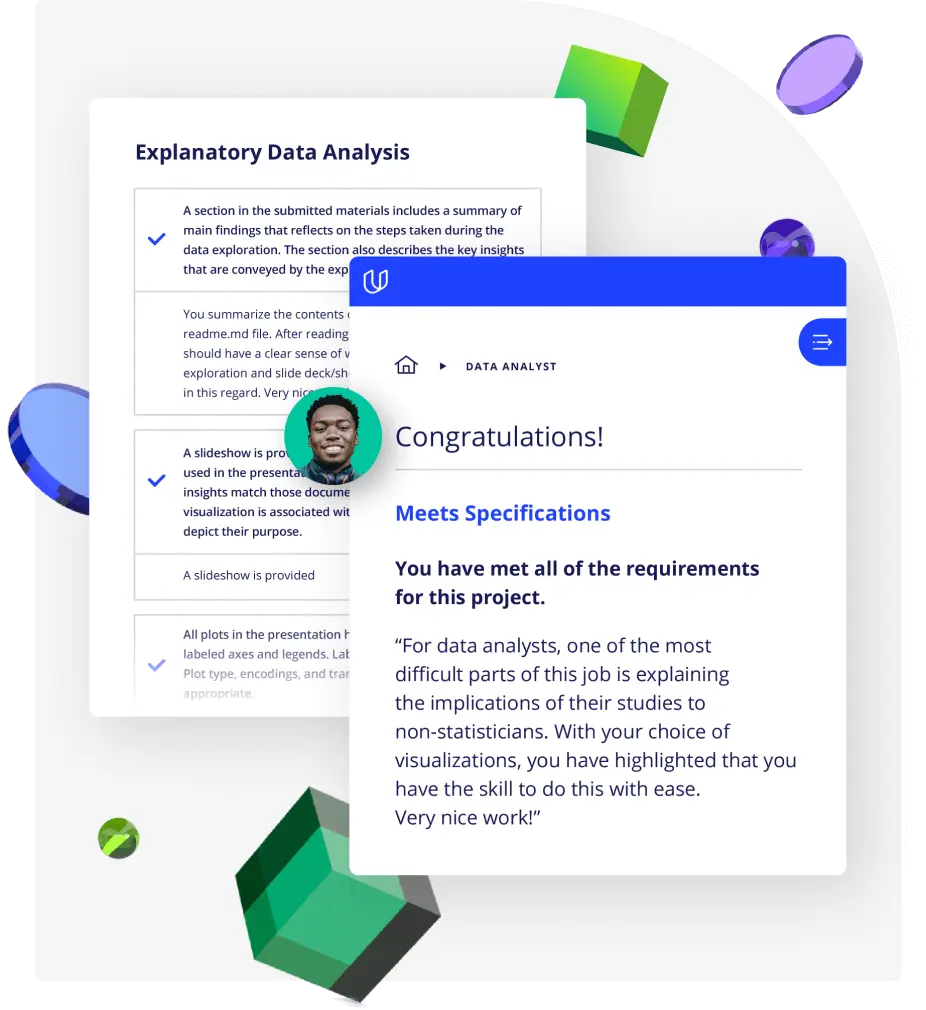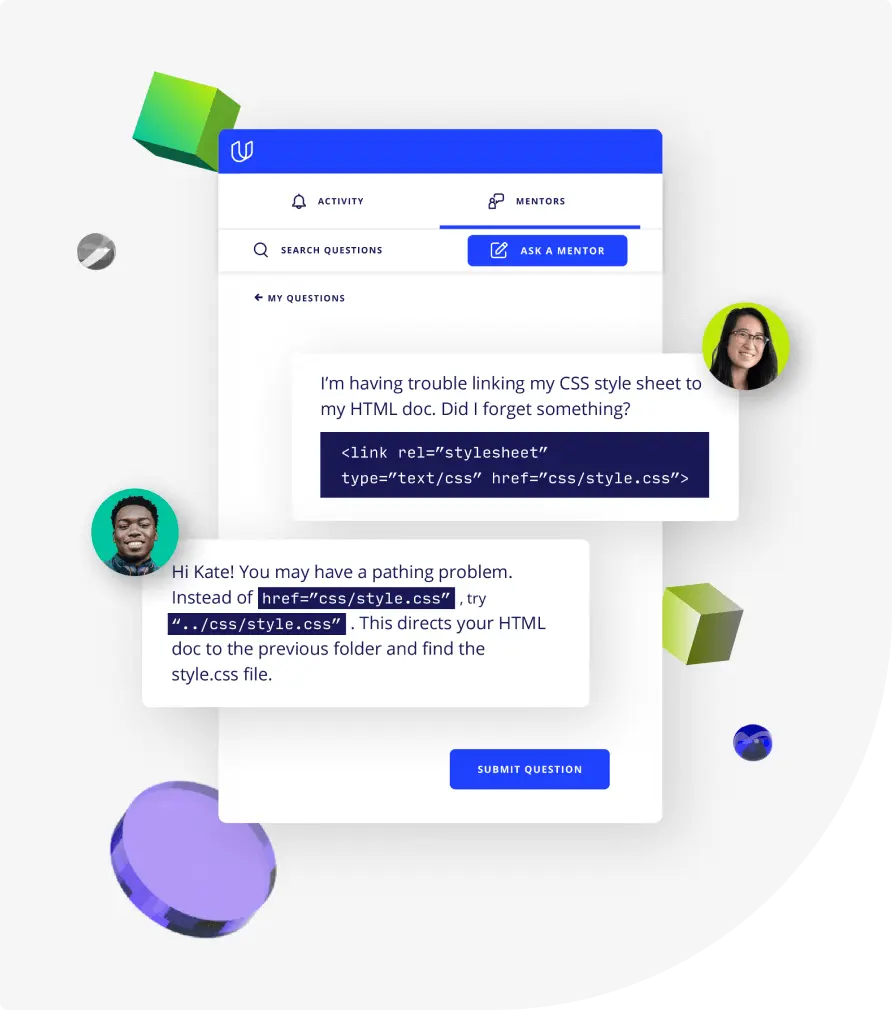Lesson 1
Welcome to Artificial Intelligence
Welcome to Introduction to Artificial Intelligence!

Course
In this course, you'll learn about the foundations of AI. You'll configure your programming environment to work on AI problems with Python. At the end of the course you'll build a Sudoku solver and solve constraint satisfaction problems.
In this course, you'll learn about the foundations of AI. You'll configure your programming environment to work on AI problems with Python. At the end of the course you'll build a Sudoku solver and solve constraint satisfaction problems.
Advanced
4 weeks
Real-world Projects
Completion Certificate
Last Updated March 13, 2024
Skills you'll learn:
Prerequisites:
Lesson 1
Welcome to Introduction to Artificial Intelligence!
Lesson 2
An introduction to basic AI concepts and the challenge of answering "what is AI?"
Lesson 3
In this lesson, you'll dive right in and apply Artificial Intelligence to solve every Sudoku puzzle.
Lesson 4
If you do not want to use Workspaces, then follow these instructions to set up your own system using Anaconda, a popular tool to manage your environments and packages in python.
Lesson 5 • Project
Use constraint propagation and search to build an agent that reasons like a human would to efficiently solve any Sudoku puzzle.
Lesson 6
Expand from the constraint propagation technique used in the Sudoku project to the Constraint Satisfaction Problem framework that can be used to solve a wide range of general problems.

Instructor
Arpan is a computer scientist with a PhD from North Carolina State University. He teaches at Georgia Tech (within the Masters in Computer Science program), and is a coauthor of the book Practical Graph Mining with R.

Instructor

Professor of Computer Science, Georgia Tech
Thad Starner is the director of the Contextual Computing Group (CCG) at Georgia Tech and is also the longest-serving Technical Lead/Manager on Google's Glass project.
Combine technology training for employees with industry experts, mentors, and projects, for critical thinking that pushes innovation. Our proven upskilling system goes after success—relentlessly.

Demonstrate proficiency with practical projects
Projects are based on real-world scenarios and challenges, allowing you to apply the skills you learn to practical situations, while giving you real hands-on experience.
Gain proven experience
Retain knowledge longer
Apply new skills immediately

Top-tier services to ensure learner success
Reviewers provide timely and constructive feedback on your project submissions, highlighting areas of improvement and offering practical tips to enhance your work.
Get help from subject matter experts
Learn industry best practices
Gain valuable insights and improve your skills

Unlimited access to our top-rated courses
Real-world projects
Personalized project reviews
Program certificates
Proven career outcomes
Full Catalog Access
One subscription opens up this course and our entire catalog of projects and skills.
Average time to complete a Nanodegree program
4 weeks
, Beginner
4 weeks
, Intermediate
1 month
, Beginner
4 weeks
, Intermediate
(162)
3 months
, Advanced
Intermediate
4 months
, Intermediate
3 weeks
, Advanced
4 weeks
, Intermediate
4 weeks
, Intermediate
4 weeks
, Advanced
3 hours
, Beginner
8 hours
, Beginner
4 weeks
, Advanced
(909)
4 months
, Intermediate
1 hour
, Discovery

Introduction to Artificial Intelligence
4 weeks
, Beginner
4 weeks
, Intermediate
1 month
, Beginner
4 weeks
, Intermediate
(162)
3 months
, Advanced
Intermediate
4 months
, Intermediate
3 weeks
, Advanced
4 weeks
, Intermediate
4 weeks
, Intermediate
4 weeks
, Advanced
3 hours
, Beginner
8 hours
, Beginner
4 weeks
, Advanced
(909)
4 months
, Intermediate
1 hour
, Discovery